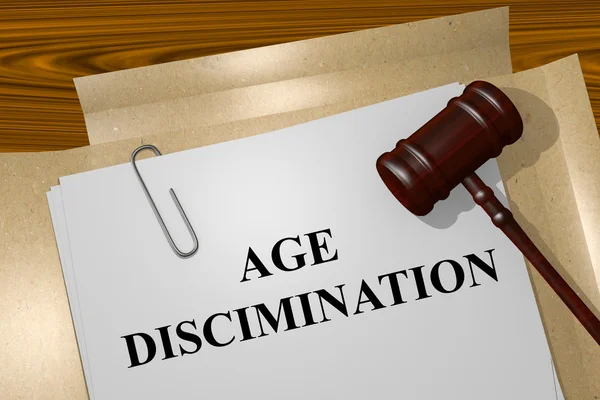Life as a non custodial parent can be challenging. It’s important to know that you have rights and there are ways to stay connected with your child. Understanding your rights can make a big difference in your relationship with your child.
Rights for non custodial parents are there to ensure that you can still be a part of your child’s life. These rights include time with your child, being informed about their life, and making decisions together with the other parent. In this blog, we will discuss what you need to know about non custodial parent rights.
Contents
Visitation Rights of Non Custodial Parents
Visitation rights are key for parents who don’t live with their kids. These rights mean you can see and spend time with your child regularly. It’s a way to make sure you both can keep a strong connection.
Visitation rights can be agreed upon by both parents or ordered by a court. As a non custodial parent, you have the right to a set schedule of visitation with your child.
Financial Support Obligations
Beyond spending time together, non custodial parents have duties too. One big part is child support. This is money given to help pay for things the child needs, like clothes, school stuff, and food.
Child support is decided by looking at what each parent earns and what the child needs. It’s not a punishment but a way to make sure the child has what they need.
Decision-Making Authority
Having a say in your kid’s big choices is important. For unmarried parents, this right to help make decisions is also key. This means both parents can talk about and decide on things like school, health care, and religion for their child.
But if parents don’t agree, things can get tricky. Sometimes, the court might have to step in to help. They will look at what’s best for the child.
Communication and Information Access
Staying in the loop is key for parents who aren’t living with their children. It means you get to know about your kid’s life, like how they’re doing in school or if they’re facing any problems. This also covers relocation issues, making sure you’re informed before any big moves happen.
Being able to talk freely with your child and the other parent makes everything smoother.
Modification of Custody and Support Orders
Life changes, and sometimes, the rules about who your child lives with or how much money helps care for them need to change too. That’s where modifying custody or support orders comes in. You might need to talk to custody lawyers if big changes are needed.
Custody lawyers know how to help make these changes official. They make sure everything is fair and works best for your child.
Upholding Non Custodial Parent Rights
Non custodial parent rights play a role in their child’s life. These rights mean you can guide, support, and love your child, even if you’re not living together.
Challenges may arise, but understanding your rights helps you overcome them. Work together for your child’s well-being. It’s about giving your child a balanced, loving environment. Keep communication open, respect each other, and always focus on what’s best for your child.
Did this article help you? Browse our blog for more interesting topics.




